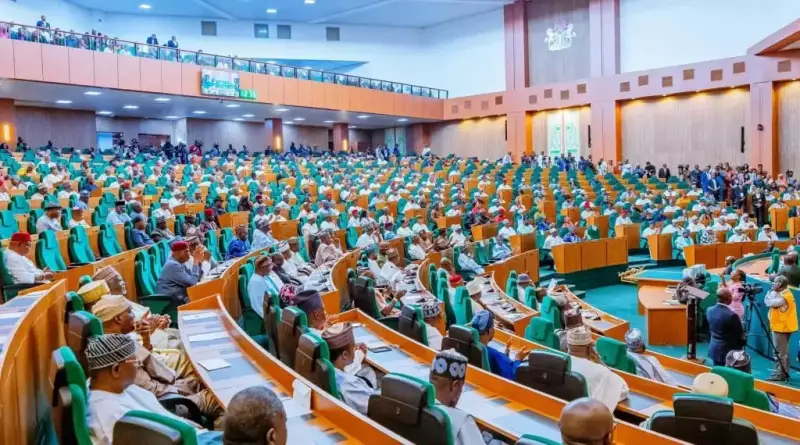
The Nigerian House of Representatives has taken a decisive stance on President Bola Tinubu's recent request for a substantial loan approval, signaling a new era of legislative oversight and financial accountability.
Massive Loan Proposal Under Microscope
President Tinubu's administration has formally approached the National Assembly seeking authorization to borrow a staggering ₦1.15 trillion, a move that has raised eyebrows across the political and economic spectrum. The sheer scale of this borrowing request has prompted lawmakers to exercise their constitutional duty of thorough scrutiny.
Lawmakers Demand Transparency
The House of Representatives, under the leadership of Speaker Tajudeen Abbas, has constituted a special committee to meticulously examine the loan proposal. This development comes amid growing concerns about Nigeria's escalating debt profile and its potential impact on the nation's economic stability.
Key Areas of Investigation
- Purpose and Justification: Lawmakers are demanding clear explanations about how the borrowed funds will be utilized and what specific projects or initiatives they will support.
- Economic Impact Assessment: The committee will evaluate the potential consequences of additional borrowing on Nigeria's already strained economy.
- Repayment Strategy: Detailed plans for loan repayment and the projected timeline for settling the debt are under intense scrutiny.
- Alternative Funding Options: Investigators are exploring whether there are more sustainable ways to finance government projects without increasing the national debt burden.
Growing Public Concern
This legislative action reflects mounting public anxiety about Nigeria's debt situation. Many citizens and economic experts have expressed concerns that continuous borrowing could mortgage the country's future and place an unbearable burden on coming generations.
Constitutional Mandate in Action
The House Committee on Loans, Aids, and Debt Management has been specifically tasked with this crucial examination. Their mandate includes ensuring that any approved borrowing aligns with national development priorities and complies with established fiscal responsibility frameworks.
What This Means for Nigeria
This rigorous examination process represents a significant test for the Tinubu administration's economic policies. The outcome could potentially influence:
- Nigeria's international credit rating and borrowing capacity
- Public confidence in the government's economic management
- Future relations between the executive and legislative arms of government
- The country's ability to fund critical infrastructure and social programs
As the investigation unfolds, all eyes remain on the National Assembly to see whether they will approve, modify, or reject the president's substantial loan request in the best interest of the Nigerian people.





